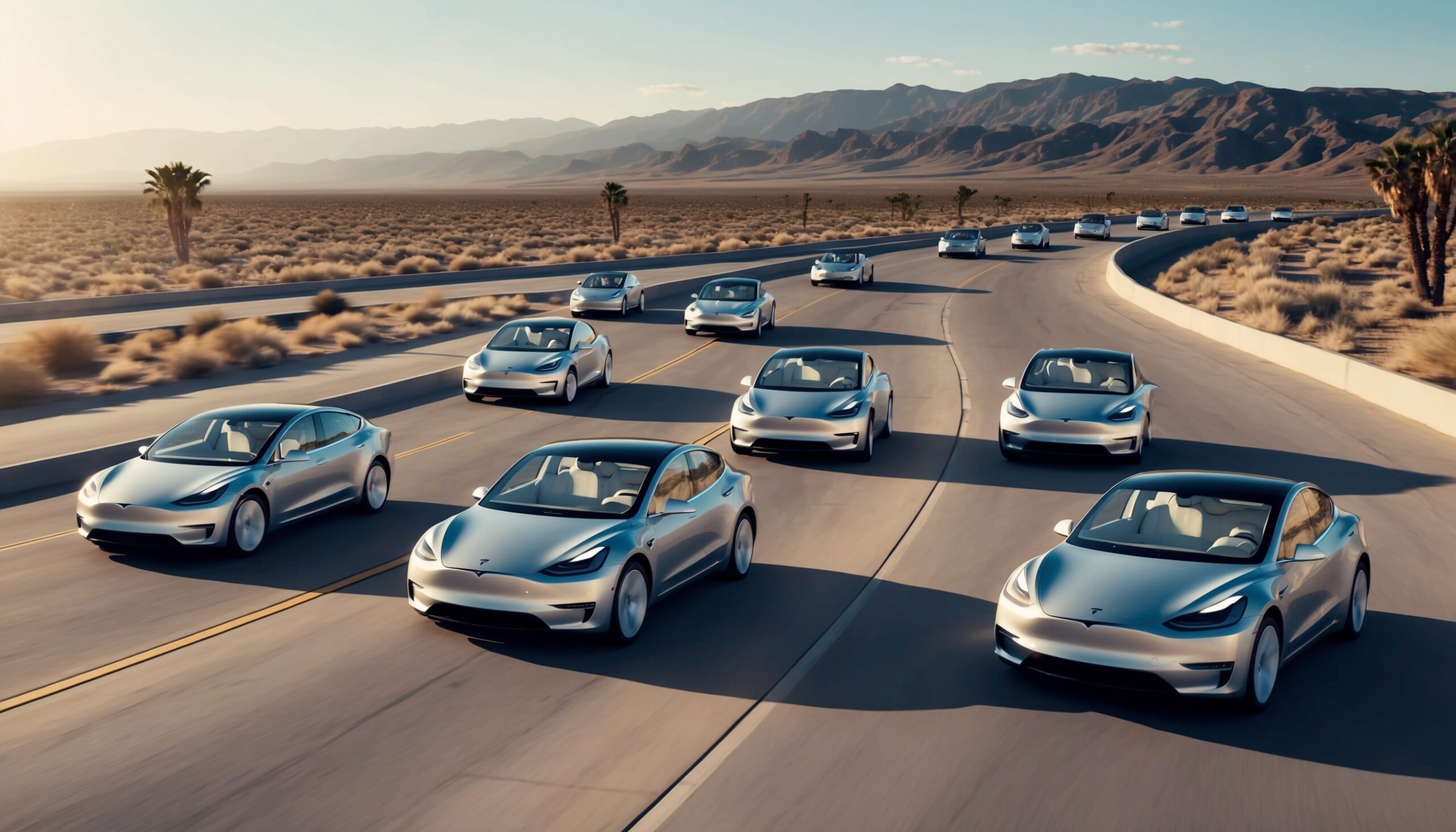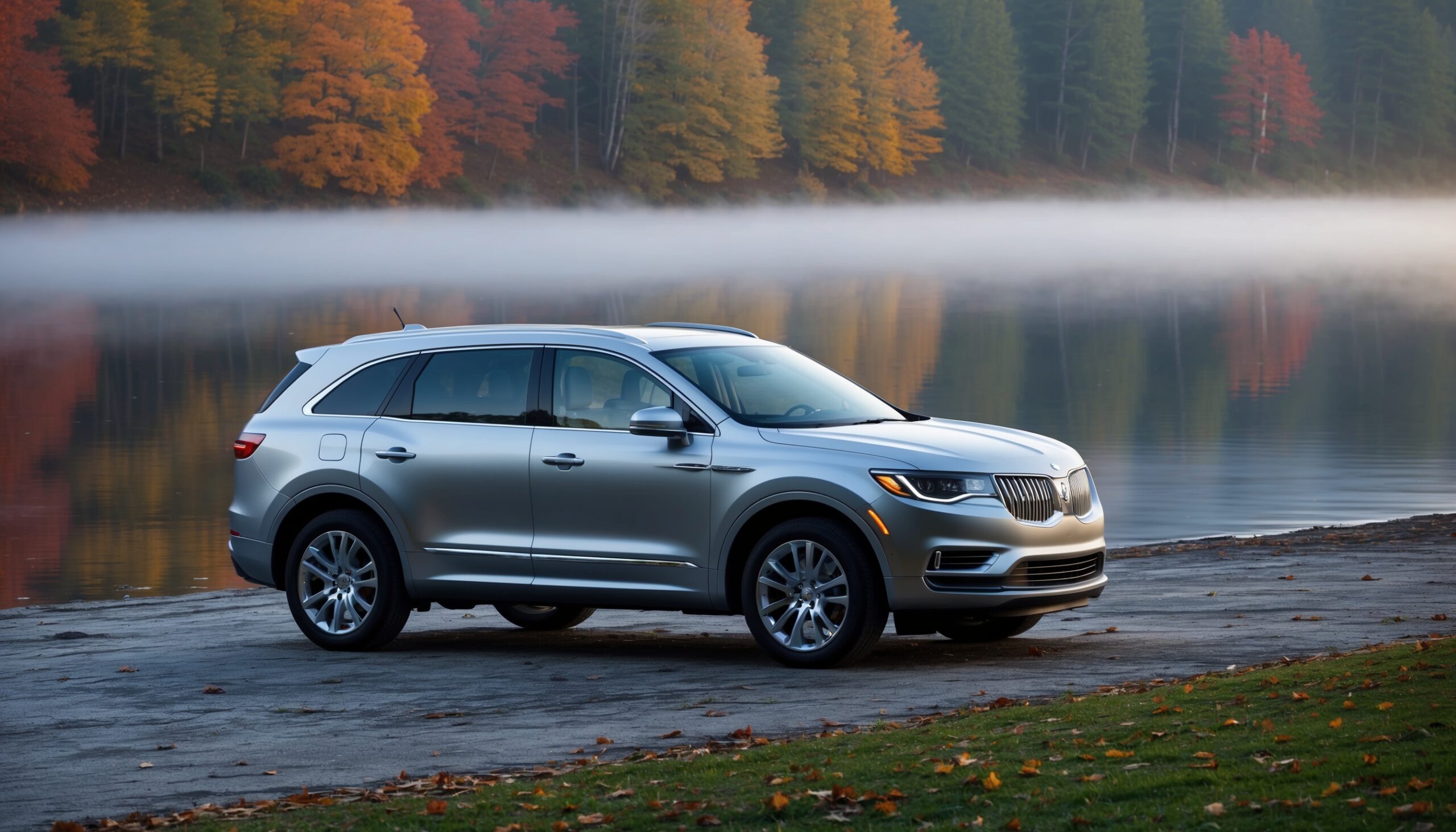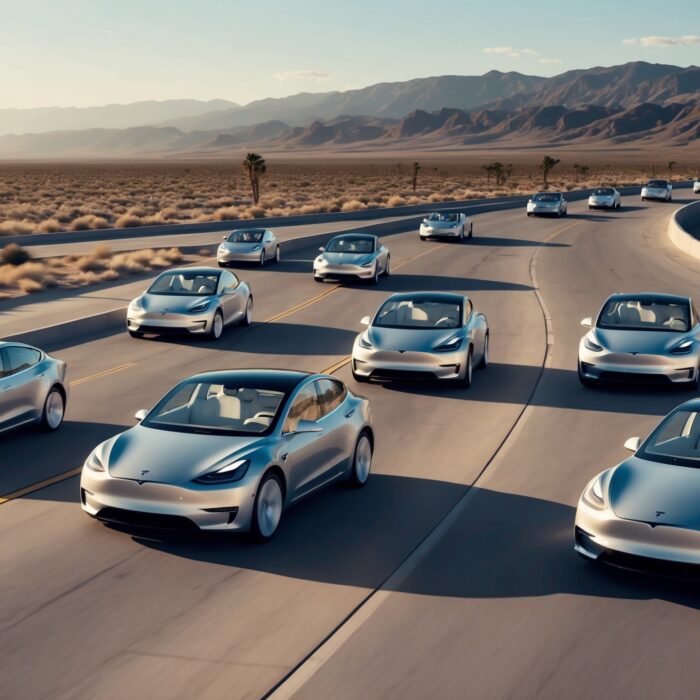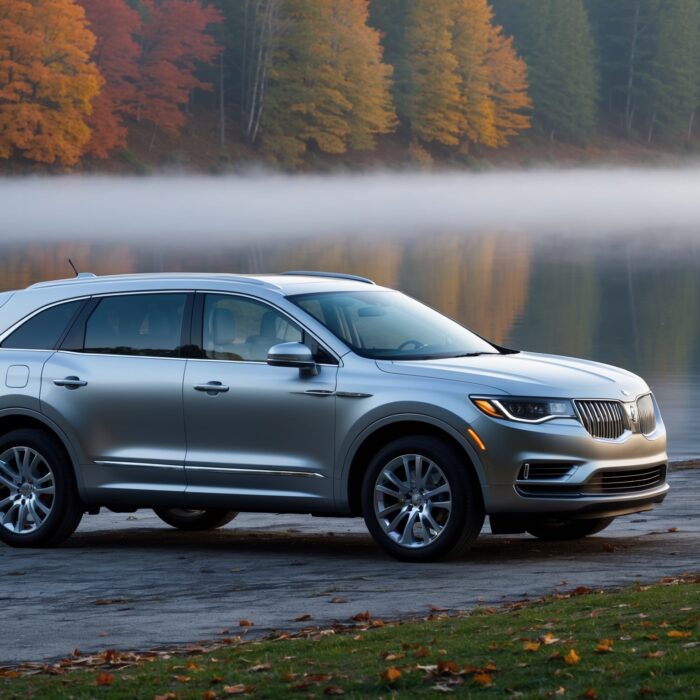Ford’s Shift in Electric Vehicle Strategy
The automotive industry is undergoing a profound transformation as electric vehicles (EVs) continue to gain traction among consumers. Ford, an iconic American automaker, is at the forefront of this shift, yet recent news has stirred the pot within the automotive community. The company has announced that it will delay the launch of its much-anticipated electric truck and van until 2028, opting instead to pivot its strategy toward compact and affordable electric vehicles. Here at Torque Feed, we delve deep into what this means for Ford, its customers, and the ever-evolving EV market.
The Initial Buzz Around Ford’s Electric Lineup
When Ford unveiled plans for its electric truck and van, excitement surged among car enthusiasts and potential buyers alike. The electric F-150 Lightning had already set the stage, demonstrating that traditional combustion engines could be successfully replaced with electric power. However, as the market dynamics shift, Ford’s strategy is evolving.
Also Read: EV Market at a Crossroads: End of Federal Incentives Sparks Short-Term Rush, Long-Term Uncertainty
Understanding the Delay
In the world of automotive production, delays are not uncommon. However, a postponement until 2028 raises eyebrows. The decision stems from several factors:
- Supply Chain Challenges: The global semiconductor shortage has hampered production capabilities across the industry, affecting not just Ford but many automakers.
- Market Trends: As competition intensifies, Ford has recognized a growing demand for smaller, more affordable EVs rather than larger trucks and vans.
- Technological Advancements: Ford aims to integrate advanced technologies into its upcoming models, necessitating more research and development time.
Ford’s New Focus: Compact and Affordable EVs
Ford’s new direction emphasizes producing compact and affordable electric vehicles. This shift is significant for several reasons:
- Access to a Broader Market: By focusing on affordability, Ford aims to attract a wider range of consumers who may have been hesitant to invest in an electric vehicle due to high costs.
- Environmental Responsibility: Compact EVs tend to have a lower carbon footprint, aligning with global efforts to combat climate change.
- Urban Mobility: Smaller vehicles are better suited for urban environments where space is limited and efficiency is paramount.
What This Means for Ford’s Future
The decision to delay the electric truck and van raises questions about Ford’s long-term strategy. The shift to smaller EVs could position Ford as a leader in the compact EV market, but it also means the company must contend with existing competitors.
Also Read: EV Market at a Crossroads: End of Federal Incentives Sparks Short-Term Rush, Long-Term Uncertainty
Competition in the Affordable EV Market
As Ford gears up to enter the compact EV segment, it faces stiff competition:
- Tesla: Known for its innovative EVs, Tesla has already made a name for itself in the affordable EV space with models like the Model 3.
- Rivian: This electric truck maker has captured attention with its R1T, attracting consumers looking for performance and sustainability.
- Volkswagen: With models like the ID.4, Volkswagen is rapidly expanding its EV offerings, focusing on affordability.
Ford’s Electric Vehicle Lineup: What to Expect
While the delay in the electric truck and van is disappointing, Ford has exciting plans for its upcoming EV lineup. The company aims to release:

- Compact SUVs: Designed for urban drivers, these vehicles will offer practicality without sacrificing style or performance.
- City-Friendly Hatchbacks: Perfect for navigating tight city streets, these models will prioritize efficiency and accessibility.
- Innovative Technology: Expect Ford to incorporate cutting-edge technology, including advanced driver assistance systems and connectivity features.
The Role of Consumer Feedback
Consumer feedback plays a significant role in shaping Ford’s strategy. The shift towards compact EVs indicates that Ford is listening to its customers. Many potential buyers have expressed concerns about affordability and practicality, particularly for city dwellers. By addressing these issues, Ford hopes to win over a new generation of drivers who prioritize sustainability, cost-efficiency, and innovation.
The Broader Impact on the Automotive Industry
Ford’s decision to pivot toward compact and affordable EVs could have ripple effects across the automotive landscape:
- Encouraging Competitors: Other automakers may follow suit, accelerating the trend towards more affordable electric options and increasing competition.
- Shaping Consumer Expectations: As more affordable EVs hit the market, consumer expectations will shift, pushing manufacturers to innovate further.
- Industry Standards: Ford’s emphasis on compact EVs could lead to new industry standards, influencing design, production, and marketing strategies.
Ford’s Commitment to Sustainability
Beyond the business implications, Ford’s pivot also reflects a commitment to sustainability. The company has set ambitious goals for reducing its carbon footprint and transitioning to an all-electric lineup by 2035. By focusing on compact EVs, Ford aligns its strategy with broader environmental objectives, contributing to a greener future.
The Community’s Response
The automotive community has responded to Ford’s announcement with mixed feelings. While some enthusiasts express disappointment over the delay of the electric truck and van, many are excited about the prospect of more affordable EVs. Car lovers appreciate the innovation and design that Ford is known for, and they are eager to see how the new compact models will stack up against the competition.
What Enthusiasts Want to See
As Ford develops its compact EVs, automotive enthusiasts have voiced their desires:
- Performance: Fans want to see robust performance metrics, including acceleration and range, comparable to that of leading competitors.
- Design: Aesthetic appeal is crucial; enthusiasts hope for designs that reflect Ford’s heritage while embracing modern trends.
- Customizability: Many car enthusiasts enjoy personalizing their vehicles, so options for customization will be essential.
Conclusion: A New Chapter for Ford and the EV Market
The automotive landscape is in constant flux, and Ford’s decision to delay its electric truck and van until 2028 signals a significant shift in strategy. By focusing on compact and affordable EVs, Ford is positioning itself to not only meet consumer demand but also to lead the charge toward a more sustainable automotive future. As we look ahead, it will be fascinating to see how this strategy unfolds and what innovations Ford will introduce to the market.
Here at Torque Feed, we are committed to keeping you updated on the latest developments in the automotive world, and we’ll be closely following Ford’s journey as it adapts to the challenges and opportunities ahead.












